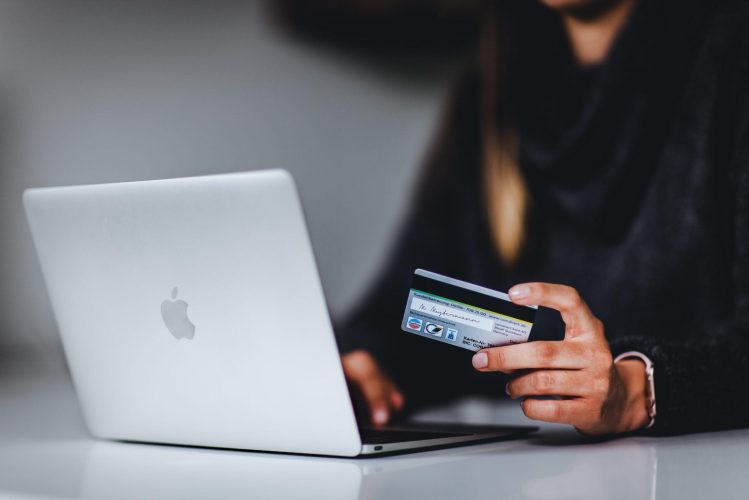27
Dec 2023
Cybersecurity Conscious Booking: Questions to Ask Before Reserving Accommodations
Published in General on December 27, 2023

The 2023 State of the Hotel Industry report by the American Hotel & Lodging Association highlighted five key topics that are expected to dominate tech discussions in the hospitality industry this year. Cybersecurity and privacy are often addressed together due to their close connection. Hackers primarily target customer data when launching cyber attacks against hotel operators, making it a significant concern. This blog post will explore the multifaceted subject of hotel cybersecurity and privacy, focusing on aspects generating buzz among insiders in 2023.
Cybersecurity Conscious Booking And Questions That Will Help
Do you have a security alert system?
The hotel needs software with a security alert system that immediately notifies you of abnormal activity on your employees' computer systems. This includes unauthorized network or system setting changes or unknown sign-ins. Additionally, the software should regularly send alerts for security patching to ensure continuous protection against the latest cybersecurity vulnerabilities and threats.
Does the hotel have free Wi-Fi?
Wi-Fi access is an indispensable necessity in this digital era. Hotels must provide Wifi, whether it comes for free or at a cost. Don't hesitate to inquire about Wifi availability and its charging policy. If the hotel lacks Wifi, feel free to bring your modem or seek accommodation elsewhere.
Just be sure to be aware of the risks associated with public Wi-Fi. Also, keep in mind that you likely won't be able to access the same movies or sites that you can at home. A simple solution is to change the VPN location to your home region. In fact, you can change the location to any other one, even if you are at home but want to open a foreign site.
Are there smart locks?
Ensuring your security, as well as safeguarding your belongings, relies on having control over access to your vacation rental. By implementing smart locks, the property manager can significantly reduce the likelihood of a former guest retaining a key to the house. Additionally, the manager can actively monitor the usage of access codes, promptly identifying any unusual activity that may pose a risk to you.
Why do hotels collect guest data?
Many hotels collect a variety of guest data to understand their customers and create exceptional experiences. Here are some ways they utilize this information:
Personalization: Hotels personalize guests' experiences by using the data they gather to make recommendations and provide tailored services based on guests' preferences and booking histories.
Marketing: Guest demographics, booking history, and other information enable hotels to create targeted marketing campaigns.
Loyalty programs: Guest information helps hotels track loyalty program memberships, reward points, and status levels. It allows them to create targeted promotions and incentives to encourage loyalty.
Operations: Hotel management relies on guest data to improve operations. They monitor check-in and check-out times to better manage staffing levels and housekeeping schedules.
Revenue management: Guest data helps hotel operators optimize pricing and revenue-management strategies. Analyzing booking patterns allows them to adjust rates and availability to maximize revenue.
Is the hotel Wi-Fi network secure?
When reserving accommodations, you should find out about the cybersecurity measures that are in place on Wi-Fi networks. Accommodation booking and access to public networks will not be secure enough in any case. You're better off bolstering your security with a VPN. Even a free extension can significantly improve your security when using public Wi-Fi networks. It encrypts your traffic and allows it to be routed through third-party servers.
Is the data encrypted at all times?
If a hotel collects data, it must protect it. You need to ensure that your data rests in cloud storage or is transmitted between systems. In both cases, the software masks or encrypts your business data to prevent unauthorized access. Encryption scrambles understandable information (e.g., the word "you") into a seemingly meaningless form (e.g., "wms") understood only by using the encryption key's logic. Two types of encryption exist based on the key's nature: symmetric and asymmetric.
What regulatory compliance is being followed?
Ensuring compliance with industry regulations, geographic location, and software usage are critical cybersecurity requirements that all organizations that collect and store data must apply. Specific regulations such as PCI (if accepting online payments), HIPAA (for healthcare/medical organizations), and WCAG (for websites) must be met. The vendor should be capable of providing proof of regulatory compliance.
Conclusion
Cybersecurity considerations in hotels are not the most popular topic, but a mindful approach continues to gain traction in people's minds. Constant hacking gives us hints that it is time to worry about ourselves and our digital footprint on our own. Only a proactive, proactive approach will protect you from most cyber risks. However, technological solutions should not be neglected, such as VPNs, which work in the background and strengthen protection.









